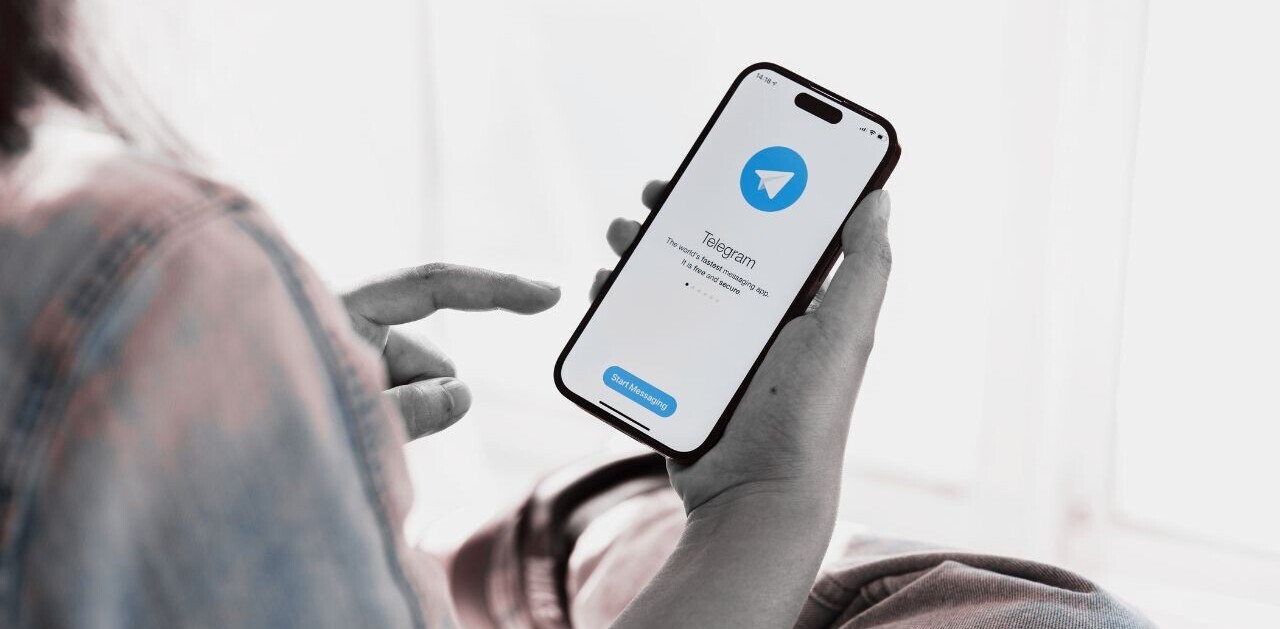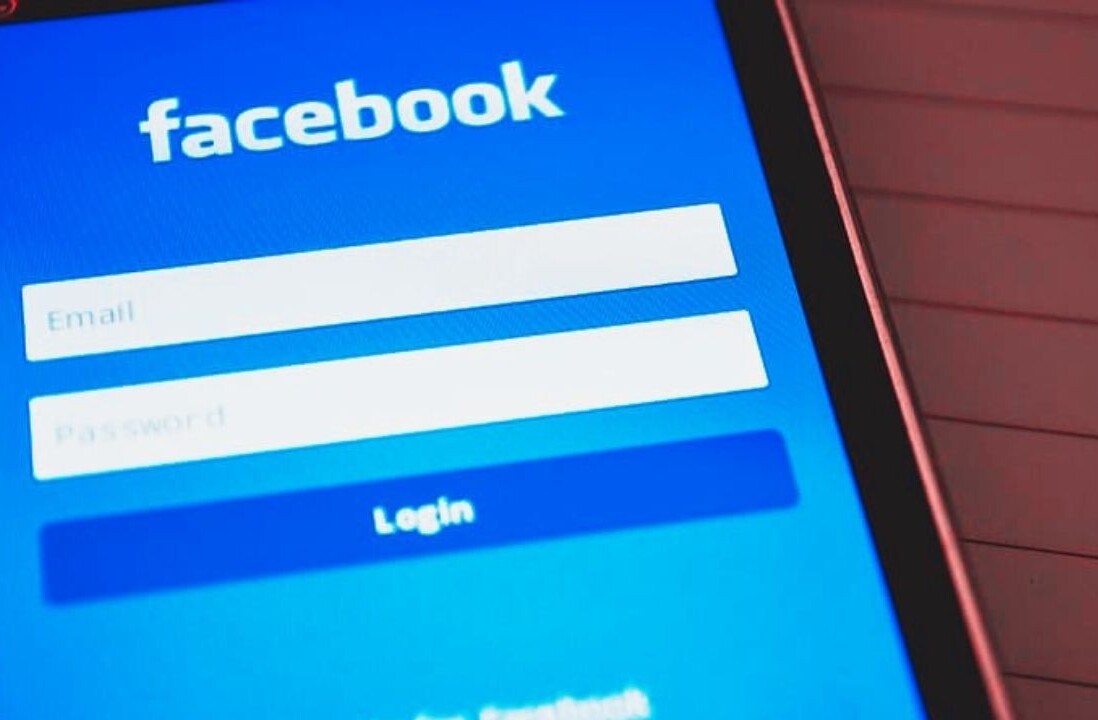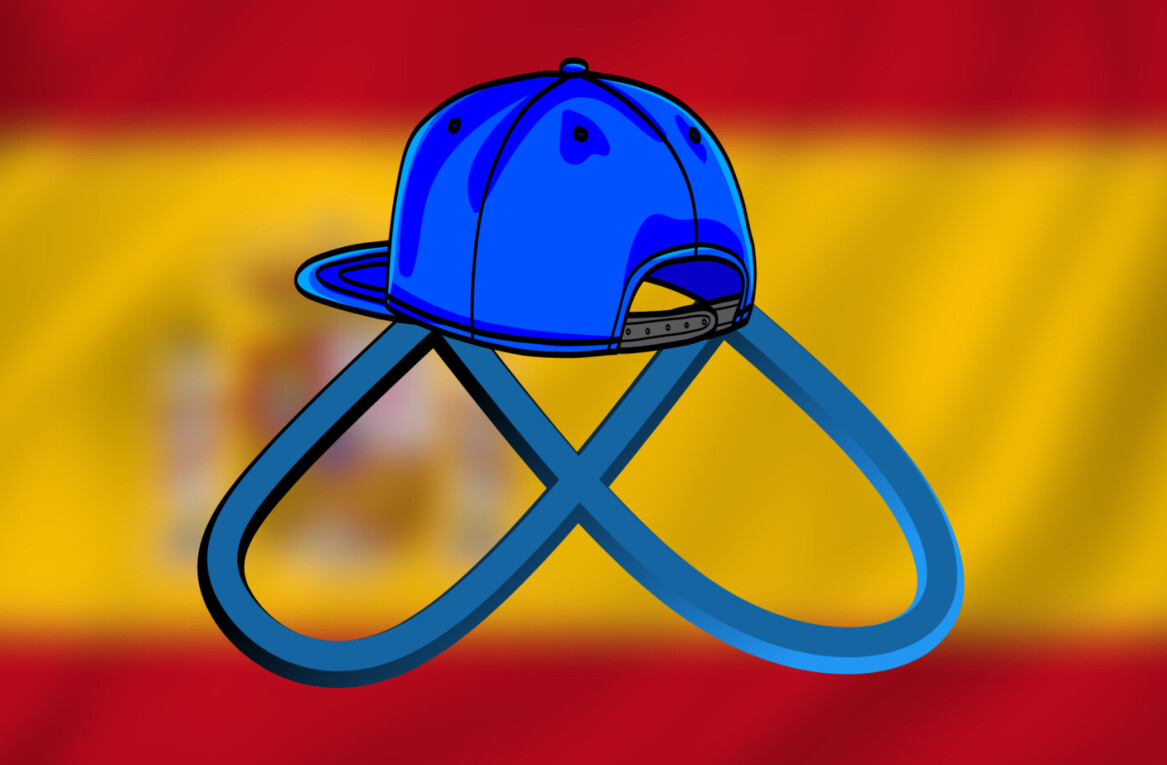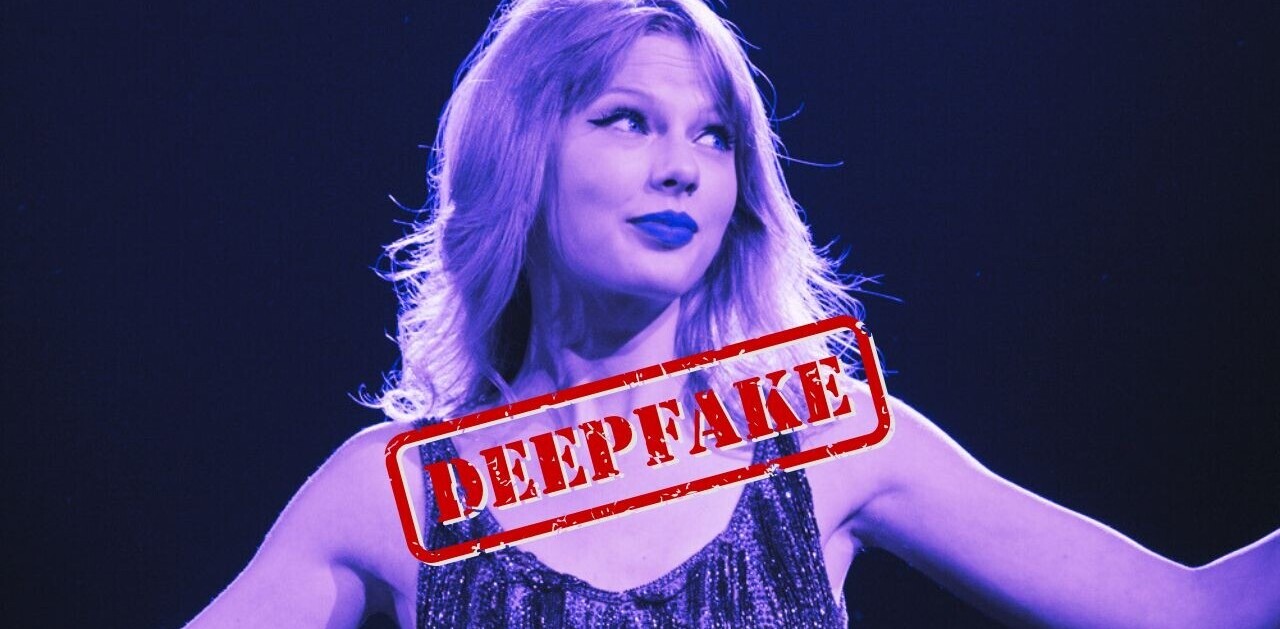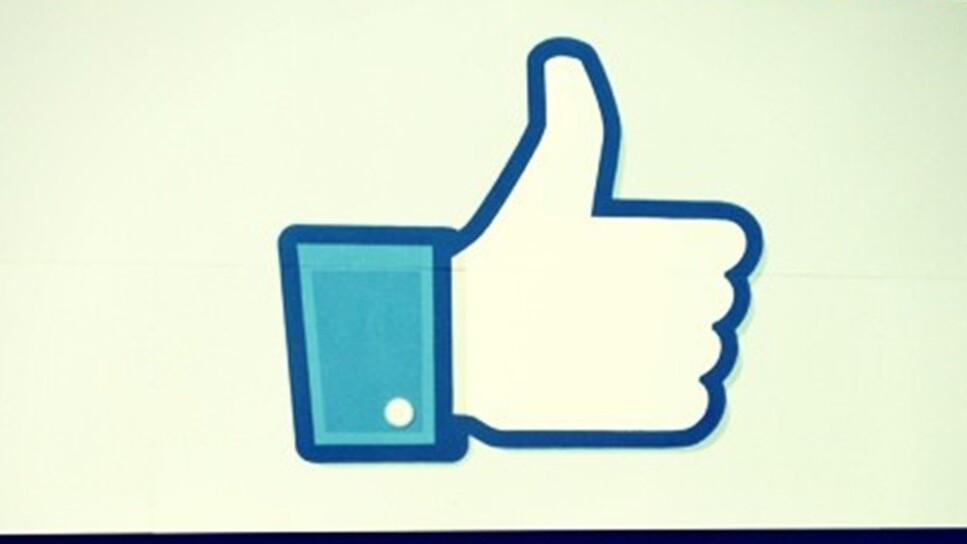
Image-based messaging is in vogue right now. Snapchat just raised a further $50 million to scale its rapidly-growing business, Twitter added support for photos to Direct Messages — the first update to its private messaging service for god-knows-how-long — and Facebook-owned Instagram unveiled Direct, a photo-centric private messaging feature, last week.
With Instagram Direct, Facebook looks to be focused on creating a competitor to Snapchat — which it reportedly tried to buy for $3 billion last month — but we shouldn’t forget the progress it is making in the text-based chat app space with Facebook Messenger.
Last week, the company made a subtle, but interesting, update to the two-year-old app with the introduction of a feature that allows users to access contacts’ Timelines and make free calls simply by pressing on their friend’s avatar.
I’ve been keeping an eye on the app since it got a raft of changes last month, and it finally seems like Facebook is putting the right elements into Messenger to ramp it into a serious contender to WhatsApp, the market leader with 350 million active users, and the bevvy of other messaging apps that rival the social network for attention on mobile.

Facebook Messenger developing
The messaging race is far from over and, though Facebook entered it comparatively late and branched out from social networking, many of the cards are still stacked in its favor. Facebook has an active userbase of more than 1.2 billion to lean on, although it has felt the squeeze from young upstarts lately: particularly in the US, where the use of Snapchat and Kik has risen among young people, the same demographic that Facebook admits is spending less time on its service.
Messaging has become the killer app on mobile as smartphone adoption has grown. Kik, for example, hit 100 million signups last week, thereby tripling its user number in just a year — Facebook is well aware of the potential benefits of a slimlined version of its social network, and has been working hard on that since acquiring Beluga in 2011.
Messenger is already performing well, but it has the potential to go beyond that. Over the past year, Facebook has added free calls and stickers to Messenger — two features that follow the lead of popular Asian chat apps like Line, Kakao Talk and WeChat — but its most significant changes came in November. The company integrated phone number-based messaging to the app to foster greater communication but, more importantly, it added a bunch of new, real-time statuses to show users if their friends are online, and whether they are also using Messenger or a regular Facebook client.
This update brought the benefits of real-time to Facebook’s huge user base — the latter of which is arguably its biggest strength, and weakness. Suddenly, I can see if my friend is available to chat — something which most chat apps don’t offer.
Likewise, Facebook also hooked Messenger for iOS and Android into its regular Facebook app for both platforms. If you have Messenger on your phone, then the ‘Messaging’ icon on the Facebook app becomes a link to Messenger, which opens when selected.
This helps get more footfall to Messenger and combined with another new addition — a button allowing Messenger users to invite Facebook friends not already using the app to download it — Facebook Messenger saw a significant spike in downloads, as data from Appsfire shows:
Content push still to come
Facebook has made some useful additions to Messenger but the app is still lacking content, an area where the company could leverage its connections with developers to create a introduce compelling service that attracts the interest of disengaged users and those who spend more time in other chat apps.
 By content I mean games and other ‘connected’ apps. To date, messenger games have performed well in Asia — Line games have seen over 200 million downloads, WeChat has managed 570 million downloads in China alone, and Kakao’s run rate for 2013 is over $620 million — but messaging games are relatively untested in the US and Europe.
By content I mean games and other ‘connected’ apps. To date, messenger games have performed well in Asia — Line games have seen over 200 million downloads, WeChat has managed 570 million downloads in China alone, and Kakao’s run rate for 2013 is over $620 million — but messaging games are relatively untested in the US and Europe.
Kik and Tango are two apps with large US userbases that have embraced games, and with some success: Kik partner Koa.la nabbed 1 million downloads for its Costume Party game in under a day.
Facebook has already run trials with mobile game developers, and introducing the option to connect games to its mobile service is entirely logical given the successes that Asian rivals have seen, and the success that Facebook found with social gaming on the desktop.
The question for Facebook — which also applies to Line and other Asian messengers eyeing the US — is whether North American and European chat app users will welcome the more complicated messaging experience that comes when you hook mobile games up to messenger social graphs?
Looking at the success of Kik and rapidly accelerating ‘messenger arms race’ being played out by big companies, the answer seems more a case of ‘when’ rather than ‘if.’
Given that WhatsApp is not focused on games, and hit Asian chat apps are still to establish themselves in the West — this is an area where Facebook could really dominate if it plays it cards right. You can bet that the company is already preparing itself to make a move when it believes that the time is right.
That said, the biggest issue for Facebook is perception at this point. With mums, dads, grandmas and granddads using Facebook, apps like Snapchat and Kik are proving more popular for US youngsters who want their own space, while WeChat, Line and WhatsApp are enjoying great momentum in other global markets.
With most people in developed (and developing) markets already on Facebook, distribution is the blessing and curse that Facebook needs to leverage if it is to out-muscle WhatsApp and co. Since the app itself is working pretty well, the difference may come down to content, and gaming in particular.
Headline image via Kevin Krejci / Flickr
Get the TNW newsletter
Get the most important tech news in your inbox each week.




